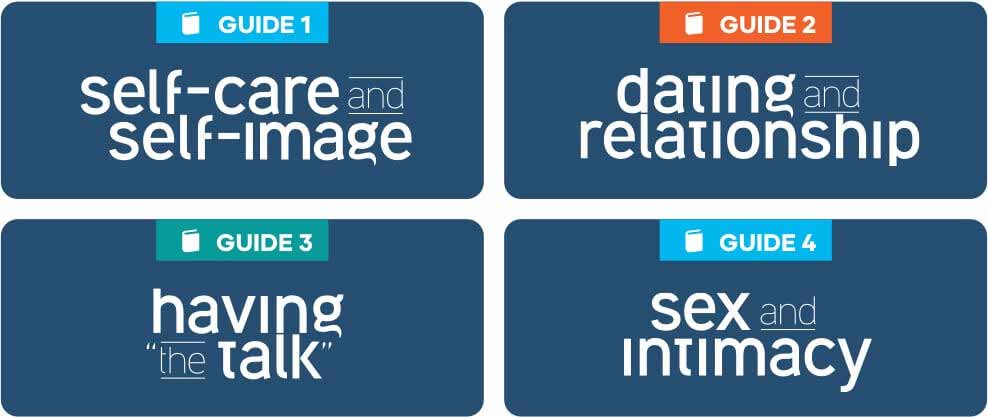As you know, our society has made herpes out to be the scarlet letter of our time. People are ashamed to even talk about it with sexual partners, much less the general public. And there’s no good reason why it's become such a menacing beast in the eyes of so many, except that the perception of herpes might just feel like the "proof" that our self-defeating thoughts have been right all along. But don't let the hype get the best of you.
Media doesn’t help out the cause either. It seems that herpes is the go-to joke in movies when it comes to making fun of characters who sleep around or look, ahem, “slutty.” My favorite talk show always uses the classic line “the gift that keeps on giving” whenever they make a herpes joke. And don't even get me started on the Las Vegas cliche: What happens in Vegas stays in vegas, except for herpes." Hilarious. These jokes just perpetuate the view that herpes is an outlier that only certain sexual deviants have.
Let’s break this down with some quick logic ... Are all people who have herpes sexual deviants? Nope. Do all people who sleep around get herpes? No. Can a person who has had only one sexual encounter get herpes? Yes. The facts that disprove the herpes stereotype abound. So why the disconnect between society’s perception of what a person with herpes is like and the actual people with herpes? I admit that for the first few years of having herpes I would judge people with herpes as dirty, thinking that I was the special case who didn’t fit the “stereotype.” But it doesn’t take long living in a stereotype to realize that it was never actually true. At all.
So what will it take to change a stereotype?
As people with herpes, we are the herpes representatives. If we are ashamed about it, others will shame us about it (like a playground bully looking for willing victims). If we tell it like it truly is without shame, then we start to change the tide, conversation by conversation.









